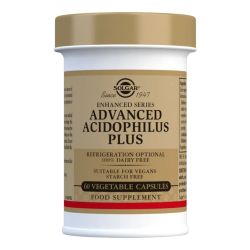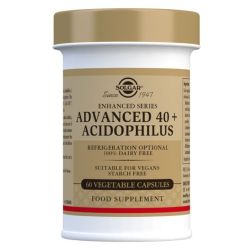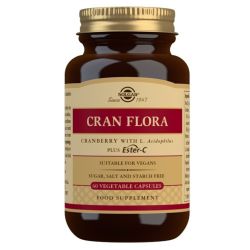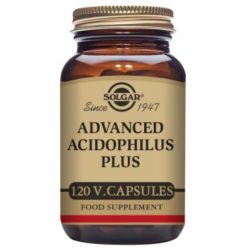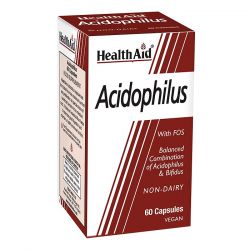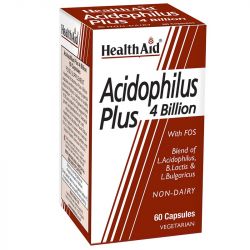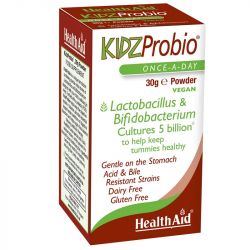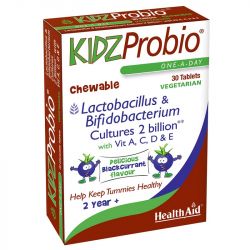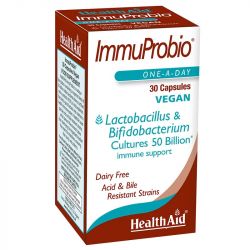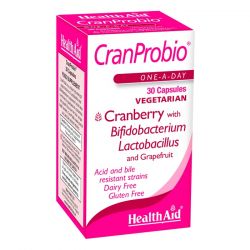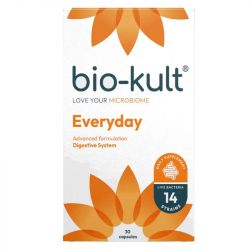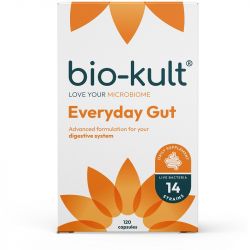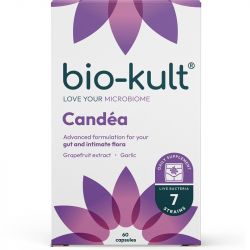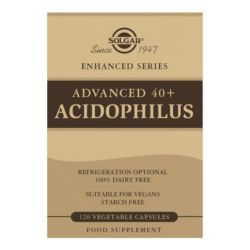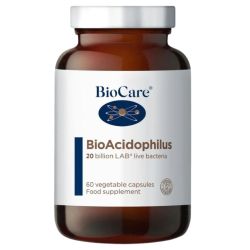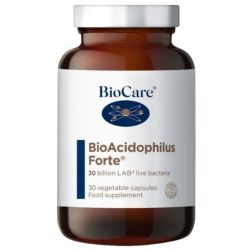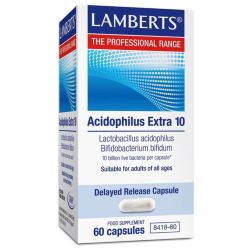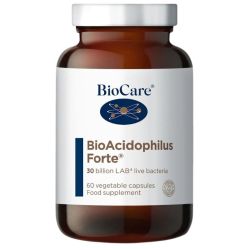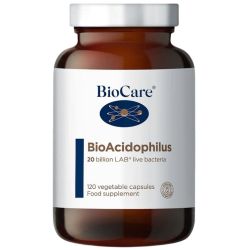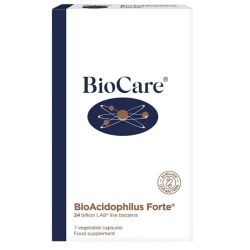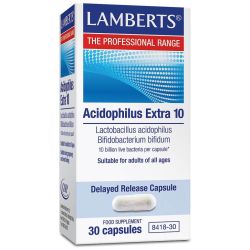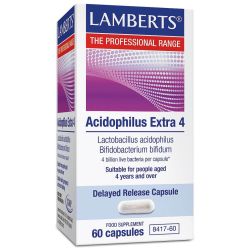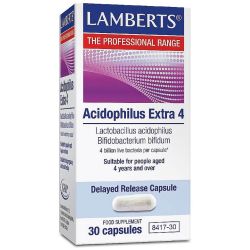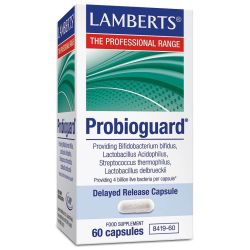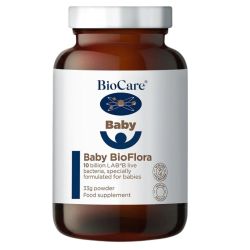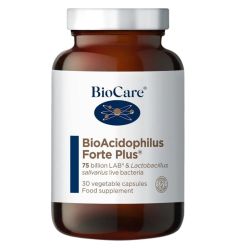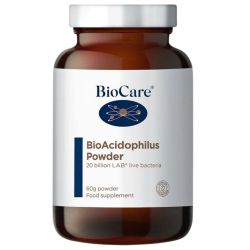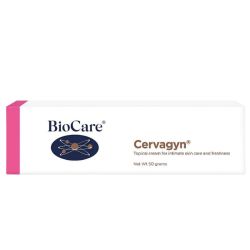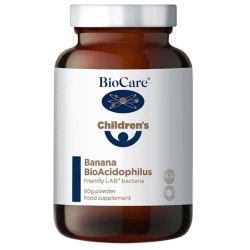Probiotics & Live Cultures
Probiotics are key for digestion, helping to keep you regular and avoid bloating or discomfort, and support your body's immune system by combating inflammation.
Probiotics are important because they compete for food in the gut with harmful bacteria. As a result, the more friendly bacteria you have in your gut, the fewer harmful bacteria that can survive.
This is why Probiotics are not just linked to good health but also are believed to help the immune system to function better. There are also studies which link gut diversity with mood, sleep and so many other elements of a healthy lifestyle.
All you need to know about Probiotics & Live Cultures
WHAT ARE LIVING PROBIOTICS?
Living probiotics, i.e. ‘friendly bacteria’, are strains of live cultures that have been studied and proven to have health benefits when consumed.
Live cultures are living organisms that are typically found in the gut (stomach, intestines and bowels) and can be found naturally in food like yoghurt, kefir, sauerkraut and miso.
Whilst all fermented foods are made with microorganisms, it is only those that retain viable and active microorganisms when consumed that are classified as live cultures. Foods like bread or wine, for example, inactivate the microorganisms during the fermenting process.
Living probiotics are live cultures that have been made into capsules, tablets, powders and sometimes food products to administer a desired health benefit such as ensuring a healthy digestive system or strong immune system.
How many types of Probiotics are there?
Whilst there are hundreds of different strains of bacteria they can be grouped into two that are commonly found in probiotic supplements:
1. Lactobacillus
There are responsible for producing lactase. Lactase is an enzyme which breaks down lactose products. Lactose products include dairy like milk and cheese.
These bacteria can also help to improve the absorption of calcium, copper, magnesium and iron.
2. Bifidobacterium
This bacteria is commonly found in the intestine and colon. They have a big role to play in digestion overall and help to break down big molecules into smaller ones that the body can then make more efficient use of. Thus they also help improve the body’s absorption of nutrients. There are studies that show that Bifidobacterium can help reduce the incidence of diarrhoea.
DOES IT MATTER WHICH STRAINS OF LIVING PROBIOTICS I TAKE?
It depends on why you are using probiotics. Generally for overall health and wellbeing benefits we always recommend taking probiotics with a wide range of bacterial strains. This is beneficial because it improves the overall diversity of bacteria in the gut and should deliver a variety of benefits.
That said, there are individual strains that have been shown to have specific focuses on benefits for the body. If you have a specific complaint it can be worth considering this as sometimes a single strain in a concentrated dose might be more beneficial than a multi-strain approach. People sometimes take specific strains for IBS, if they have UTIs or other vaginal health issues and expecting mothers also take specific strains.
DO LIVING PROBIOTICS NEED TO BE KEPT IN THE FRIDGE?
Not all probiotics live cultures need to be kept in the fridge. It’s important to check the bottles for storage instructions.
A lot of probiotics are hermetically sealed, meaning that there’s no air in the bottles. This means that the probiotics can survive outside of the fridge (e.g. when you order them online and they’re shipped to you) but once opened it is advised that they should be kept in the fridge.

